The FTSE 100 dropped 0.5% to 7,634 on Monday after the UK GDP growth missed economist estimates and grew at just 0.1% in February.
Production costs have skyrocketed as a result of Russia’s invasion of Ukraine and supply chain concerns, with the prices of critical metals and computer chips in the tech industry pounding the manufacturing sector.
For a sense of confidence, the economy turned to the weakening services sector, which increased by 0.2% and helped boost real GDP 1.5% higher than before Covid-19. However, the outcome is not entirely positive for the UK economy.
Today’s GDP figures show recovery and confidence both remain soft. The economy grew 0.1% in February and is now 1.5% above its pre-pandemic level – growth may be anaemic but continues to be almost all driven by hospitality recovery https://t.co/gn4VHfPrQr
— Kate Nicholls (@UKHospKate) April 11, 2022
Markets across Europe were jittery today with French elections, low UK GDP growth and increasing Covid related problems in China hurting stocks from all segments in the FTSE 100.
“It’s a difficult time to be an investor given how markets stubbornly refuse to break out into a decent rally. So far this year we’ve had enough ups and downs to make anyone owning shares and bonds travel sick,” said Danni Hewson, Financial Analyst, AJ Bell.
Tech shares or trusts invested in tech shares like Scottish Mortgage Investment Trust and Ocado were amongst the top fallers on the FTSE 100 on Monday as investors dumped the sector on the prospect of rising interest rates that will “reduce the value of future cash flows” making the tech space “less appealing” suggested Danni Hewson.
With rising rates tightening monetary conditions, tech stocks are losing out to value stocks, which are “offering jam today rather than jam tomorrow.”
Scottish Mortgage Investment Trust saw shares drop 3% to 945p as the trust has exposure to Chinese tech stocks which are currently under scrutiny with rising supply chain problems and inflation in the country due to another wave of the pandemic.
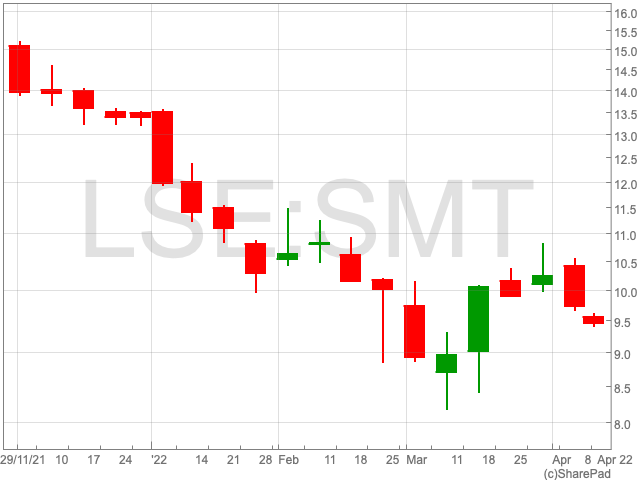
Ocado shares lost 2% to 1,217p as investors withdraw from tech stocks and move to value stocks as rising rates of interest may hurt future cash flow for the company.
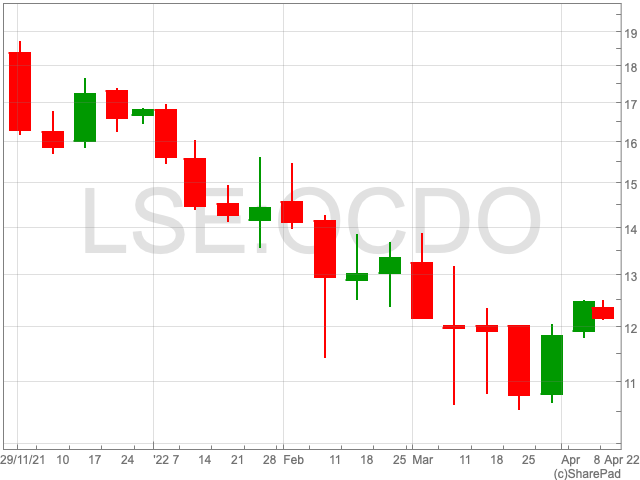
Mining shares were taking a hit on Monday due to China’s metal trade with the world getting impacted by the surge in Covid-19 cases. FTSE 100’s Anglo American, Rio Tinto and Antofagasta shares lost 1.9%, 0.02% and 0.06%.
Goldman Sachs also raised Anglo American, Rio Tinto and Antofagasta’s price targets to 5,300p, 7,300p and 1,900p respectively.
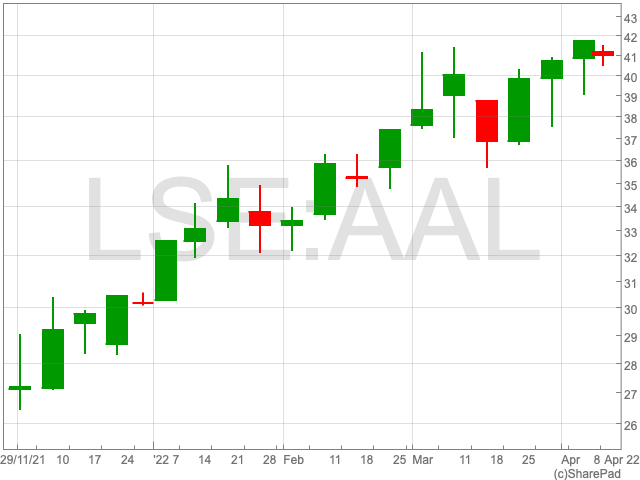
The price of oil decreased 1.5% to $101 a barrel on Monday leading to oil and gas companies such Shell and BP shares losing 0.2% to 2,162p and 391p respectively.
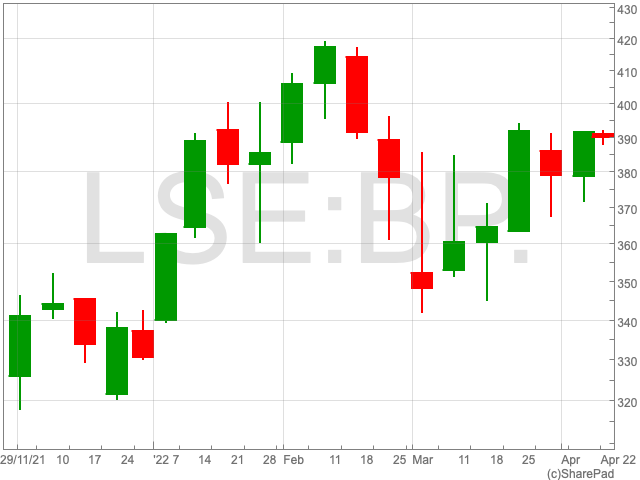
Hargreaves Lansdown, Halma and Prudential shares dropped between 2%-3% on Monday as investors rotated away from financial stocks.
High-street lenders were among the FTSE 100 risers with Lloyds Banking Group leading the sector with shares increasing 1.4% to 45p.
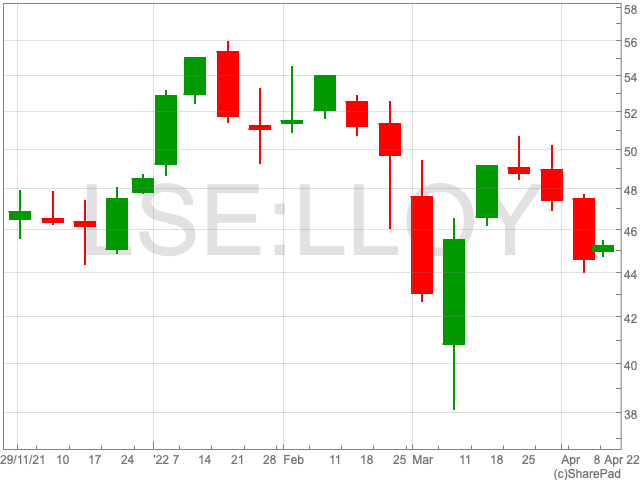
Barclays and Natwest are amongst the banking sector with shares rising 0.9% and 0.7% to 145p and 218p respectively.
Sainsbury’s shares lifted 1.2% to 250p after Jefferies raised the grocer’s price target by 300p.
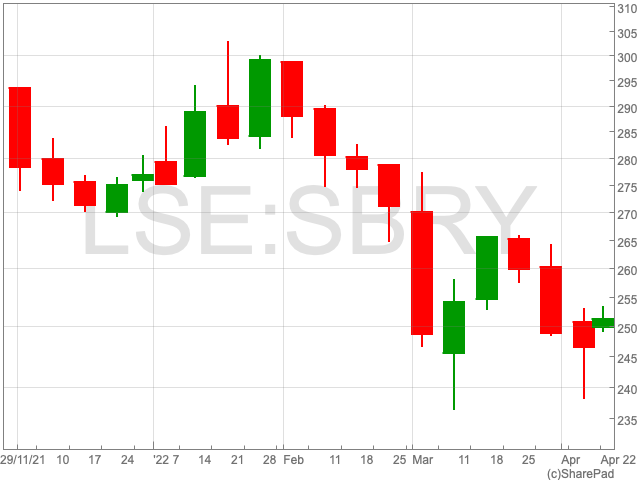
Glencore shares gained 1% to 533p after Goldman Sachs raised Glencore’s price target to 720p from 600p.
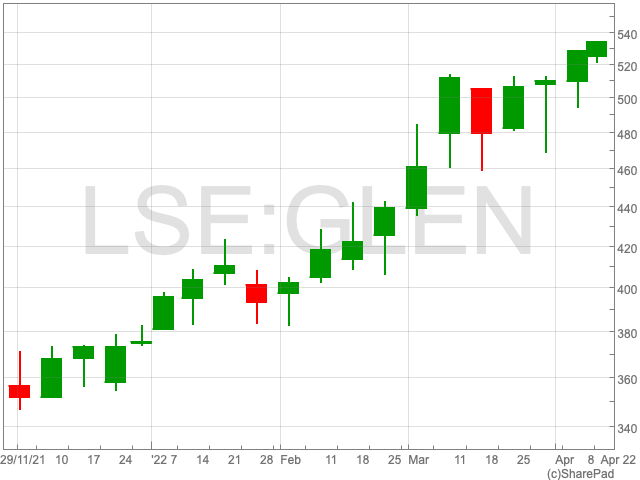
Other performers on the FTSE 100 include Vodafone Group, Flutter Entertainment, Airtel Africa, Pearson and BAE Systems whose shares increased between 1.5% and 2%.
Travel stocks have been mixed with consumers looking to travel and holiday as the weather gets better and the pandemic eases over, however, flight cancellations and staffing shortages are holding the shares back from taking off.
As airlines continue to battle with labour shortages, dozens of UK flights were cancelled on Monday, with British Airways cancelling at least 64 domestic or European flights to or from Heathrow.
British Airways, part of the International Consolidated Airlines Group SA, said customers were given advance notice of the cancellations.
Last month, the airline agreed to cut its schedule till the end of May to avoid having to cancel flights on short notice owing to staff shortages. It has concentrated on routes with several daily flights, allowing passengers to choose from a variety of departure times on the same day they bought.
IAG shares rose 0.8% to 134p as the airline company altered its schedules and tried to mitigate any travel risks for its consumers.
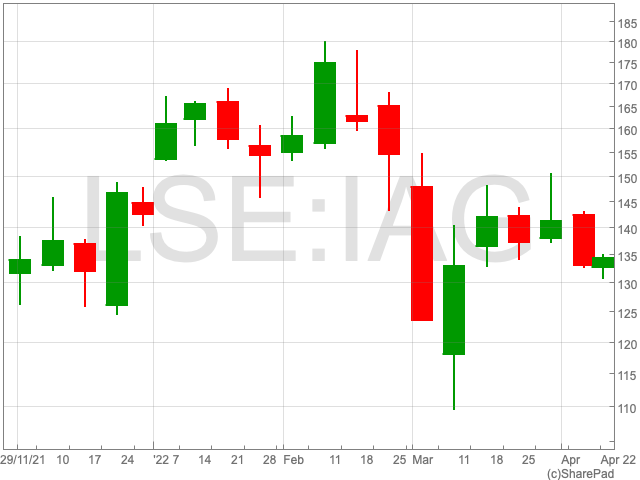
Amongst travel and leisure losers were Whitbread and InterContinental whose shares were losing 0.3% and 1% to 2,821p and 4,873p.
